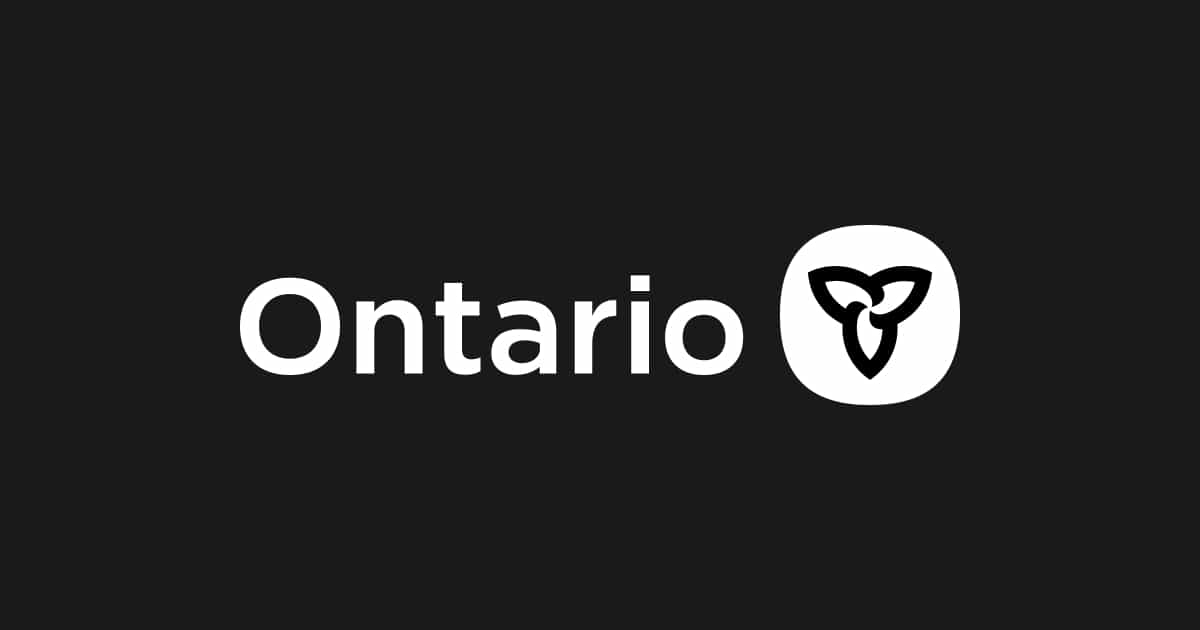@jlunfirst [QUOTE="jlunfirst, post: 2232639, member: 374553"
So I find it interesting that parents who have specific ideas that private school might be a "higher" quality so they pay..probably enough money these days. How much is it?
[/QUOTE]
The costs now a days is about $8k for 'affordable' low cost places - $30k+ a year for tuition. That doesn't include the extras or the bond that many schools require. It is expensive, but for some it can be worth it.
Having kids that started in private school, and moving to the public system in alternative programs and special learning need, there is definitely a place for private school. It may not be about higher quality - there is an aspect of that, but it is also about fit for the child and learning needs. If one has a child that doesn't fit the 'average' private schools or special programs can help.
For your tuition, you get much smaller class sizes, more enrichment opportunities and activities, usually higher technology, etc. There are more resources per student in all areas from academics, social, mental, health, etc. If it's the right fit, you will get kids at a young age loving to learn more and being able to work at their potential more. If you have a child that doesn't fit the average, then it's a consideration.
Public schools, just don't have the funding or the ability to offer much outside of the basics.
The irony is that the kids that get the LEAST attention are the ones that have the MOST potential. We learned this when we made the switch to a public school. Both my kids are academically very strong and considered gifted. They are also pretty non problematic as they don't disrupt, are polite, and self motivated compared to other gifted kids who are bored and act up. Teachers generally ignore the kids who are above grade level and don't cause issues. The resources go to teaching the average mass, and addition resources go to those struggling. Both kids states that they are pretty they didn't learn a single thing in their 4 grades, dispite being in a language school. The second language was the ONLY thing keeping them being bored to death.
We moved them in a GATE (Gifted and Talented Education), in grade 4 & 7 respectively. It's considered a special education class because gifted kids though academically ahead, often are more complex learners as many have multiple coding for other neurodivergence. Many people don't understand this, as they see really smart kids, but don't see the other learning challenges they have. If we didn't have our kids in a GATE school, we would have looked at private for middle school.
My oldest is out of the GATE middle school and is a public high school with an IB program and regular programs. There is over 1000 kids in her grade (yes, I said grade, not school). For her, we felt having her with the 'masses' would give her more exposure to diversity. This has worked for her, but only because she is one of those motivated kids who will advocate for herself.
Our many friends have their kids in expensive private school high schools too. The kids there will ALL get into University with 90+ averages. This is partially because some private schools inflate marks, but it's primarily that if your child isn't doing as well, the schools throw in a lot of resources. It was night and day during covid seeing what the private school did compared to the public. I was a little jealous as my kids and I had to do those things ourselves while our friend's private school barely missed a beat. My kid was sick with covid starting the day they were to return from winter break, she was out for 2 weeks after the break, though she kept up with ALL the reading and homework, her first day back, she found out she had a math final. Though she did all the work, the teacher forgot to post the review material. She walked into 3 finals cold, missing the last 2 weeks of review. My friends private school kid also missed around the same time, the child joined all the classes on line while the teachers still taught, everything was followed up one on one and they had a resource teacher making sure everything was still caught up.
I don't think my kids missed much being in public school, but I can say as a parent, I needed to much more involved in their extracirricular, and getting them extra help (tutors, programs, etc) when needed.
On the flip side, I do think kids in private schools are less rounded and more entitled. I can see it with the kids on the sports team, where they do great in school, but aren't great humans. I do think that is a big downside of private schools. We were at a team event, and my oldest was sharing what she was doing to increase her chances of scholarships, the kids and parents were stunned that one should have to think about using scholarships. This came from a parent that bought their oldest a $2mil apart to goto UBC.
Private schools are great if the goal is getting your child into a top university, however, I am not convinced it does an adequate job of raising a good human being.







